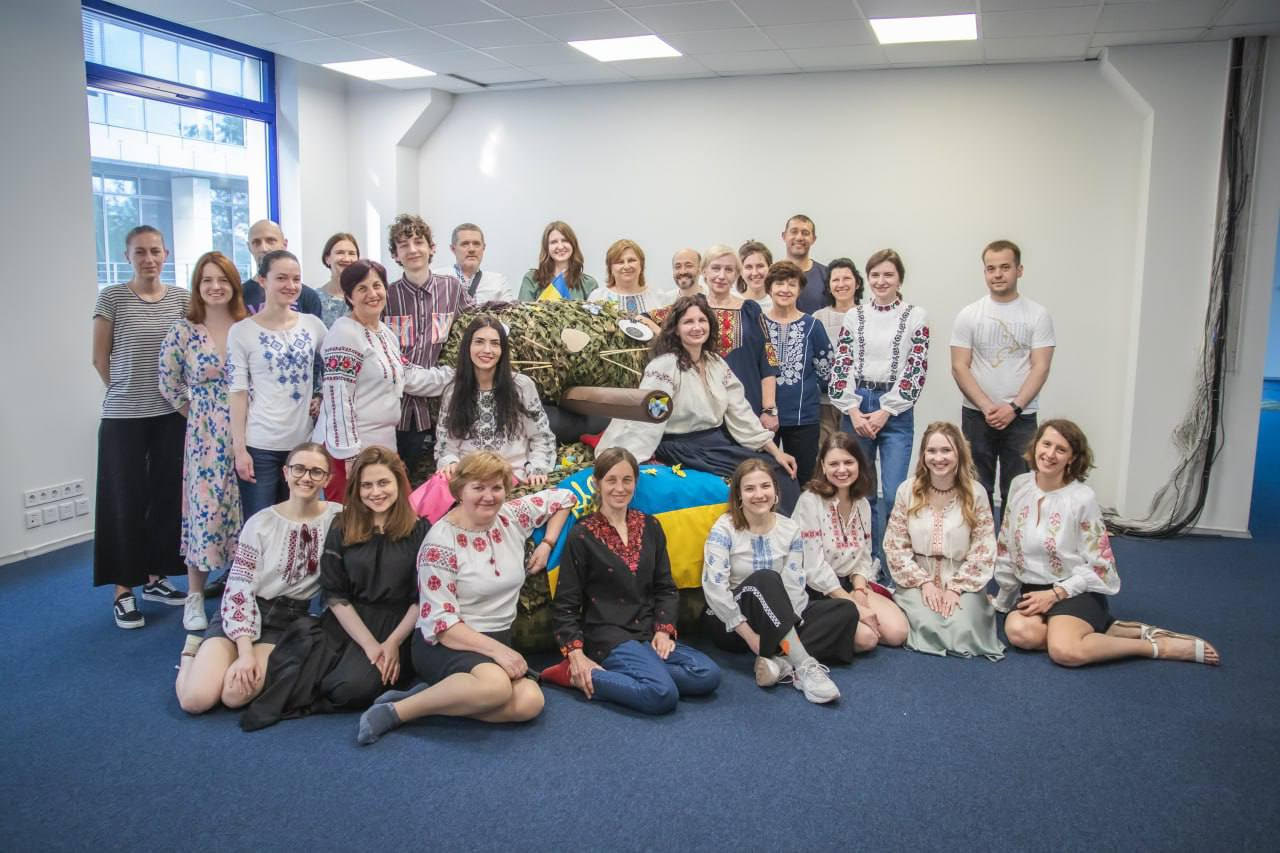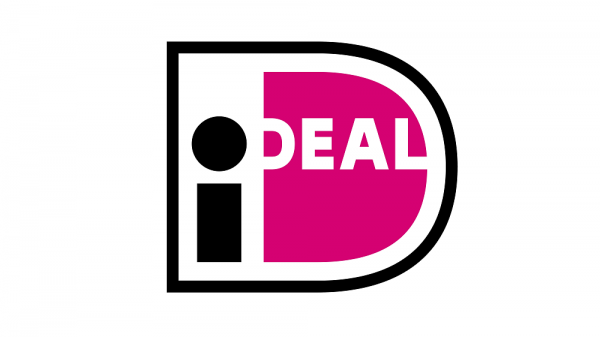The TRC Fellowships for Textiles and Dress Studies. First round of applications, due by 16 January 2026
 For the next three years, the Textile Research Centre, Leiden, the Netherlands, is offering seven junior and four senior fellowships for up to six months each. The fellowships are being sponsored by the Gieskes-Strijbis Foundation, Amsterdam. Fellows are invited to carry out research based on the TRC’s extensive textiles and dress collection. The junior fellows will be supervised and assisted by TRC staff; senior fellows will carry out independent research.
For the next three years, the Textile Research Centre, Leiden, the Netherlands, is offering seven junior and four senior fellowships for up to six months each. The fellowships are being sponsored by the Gieskes-Strijbis Foundation, Amsterdam. Fellows are invited to carry out research based on the TRC’s extensive textiles and dress collection. The junior fellows will be supervised and assisted by TRC staff; senior fellows will carry out independent research.
The first of the fellowships is a junior position starting in the spring (March/April) of 2026, depending on the fellow’s and TRC’s agenda. Applications for this position should be submitted to the TRC by 16 January 2026 (This email address is being protected from spambots. You need JavaScript enabled to view it.), with the reference: ‘Fellowship programme’. The TRC will advertise for other fellowships in March 2026. Fellows are selected by a special committee of three TRC staff and/or Board members and will decide upon the advice of external specialists.
The Programme encourages object-based research and stimulates different approaches to view textiles, dress and related accessories (such as through a technical, historical, curatorial or fashion-oriented lens), with the TRC collection at the heart of the planned research. With this Programme, the TRC wants to help build a new generation of specialists for the broad field of textiles and dress studies.
With the Programme the TRC also wants to widen knowledge and understanding of the objects in the collection and promote and strengthen the role of the TRC in the world of textile and dress institutions.
The TRC wants to contribute to the sustainability of clothing and textiles, and stimulate a better understanding of the wide diversity of textiles and dress, produced, used and worn worldwide. To this purpose, the TRC wants its fellows and others to tell the stories behind our collection objects to a wide audience and to think about and explore the transmission of textile knowledge in different ways (blogs, articles, exhibitions, workshops, conferences, etc.)
Results
The fellowship will preferably result in one or more publications (when suitable) and some organised events related to the research (exhibitions of potential varying sizes, lectures, workshops, etc). The formal structure and final form of the project will be discussed with the appointed TRC supervisor at the start of the fellowship. The fellowship will be concluded with a public lecture about the process and results of the fellowship and a written report by the fellow.
Proposal examples
The proposals to be submitted by candidates may focus on a wide variety of topics, for example (but not limited to):
- Archiving and studying our reference collection – which covers textile techniques and equipment.
- Researching a country’s or region’s textile and/or dress traditions in our geographical collection or a textile technique of your choice.
- Working on our charts and patterns collection and recreating some pieces.
- Recreating techniques (weaving, lace-making, knitting, embroidery, etc) featured on a textile sample in the collection or a set of notes that has not been researched yet while adding to pertinent historical knowledge.
- Connecting our library and objects, or different parts of our collection (technical and geographical) together in some manner.
- Looking at our dress-related collection of accessories such as jewellery, footwear, headwear, bags, etc.
Requirements
Fellows are invited to participate in the TRC’s general activities, and to help-out, when possible, with other activities, such as the identification of objects, depot and cataloguing work, event supervision, in view of understanding and learning about work in a cultural institution which focusses on textiles and dress.
The TRC organises numerous courses and workshops and is also involved in supervising students who have internships at the TRC. Fellows may be invited to participate in, teach, or organise activities.
Fellows attend regular check-ins with the TRC supervision team, and most of the work and research is done on site, at the TRC.
Profiles
We aim to promote diversity, and to attract in principle early career scholars from widely differing social and cultural backgrounds. Applicants may be curators, educators, conservators, community members, craftspeople and makers, as long as their proposals align with the fellowship’s aims and the applicant’s interests align with that of the TRC. Fellows, both domestic and international, are appointed based on their knowledge and demonstrable interest in clothing and textiles, their specific interests, their enthusiasm, and their willingness to collaborate with others.
For the junior fellowships, we particularly welcome candidates with a relevant Master’s degree or equivalent. Candidates should have excellent command of English. Knowledge or fluency in Dutch is a plus. Research at the TRC is mainly conducted in English. For senior fellows, we welcome candidates with a proven background in research and preferably a PhD degree.
What we offer
- The TRC offers a monthly allowance to its junior fellows, before tax, of €2300 euros p.m. and €4000 euros p.m. for senior fellows.
- A truly enthusiastic and stimulating work environment with colleagues that have a deep passion for textiles and/or dress.
- A network of national and international institutions and specialists in the field of textiles and dress to connect with and build lasting professional relationships.
- A working space in the new TRC premises, Boerhaavelaan 6, which is an urban villa in the beautiful and historical city of Leiden, located just behind the Leiden Central Railway Station.
- Access to our facilities, including workspaces, the collection and the library of the TRC and of Leiden University.
Financial and residential matters
Costs such as transportation and moving to Leiden to pursue the fellowship, are unfortunately not in our funding capacity and the monthly allowance mentioned above will be the primary source of monetary compensation we can provide for all candidates to cover their personal and practical costs. Fellows will probably need to be registered as independent professionals. The TRC will help in the process.
Help with finding accommodation, visa processes and health insurance can be discussed individually, but these related costs are not covered by the TRC. Extra material costs in the case of a practical project are to be discussed with the TRC.
Required application materials
- A resume detailing the applicant’s professional and personal background (2 pages max.)
- A project proposal containing a description of the project, a time frame, the participant’s aims and career plans, and the planned results.
- Two recommendations, or the names of people and their contact details who can be contacted.
For further information, please contact Augusta de Gunzbourg, Manager Exhibitions and Fellowships, This email address is being protected from spambots. You need JavaScript enabled to view it.









 (Leiden, 6 Nov. 2025) Kirkus Review is a book review magazine founded in 1933 by Virginia Kirkus. The publisher, Kirkus Media, has its headquarters in New York. Its online version has just published a review of Gillian Vogelsang-Eastwood's latest book: The Atlas of World Embroidery. A Global exploration of Heritage and Styles and awarded it with the coveted 'star'. For more information about the book,
(Leiden, 6 Nov. 2025) Kirkus Review is a book review magazine founded in 1933 by Virginia Kirkus. The publisher, Kirkus Media, has its headquarters in New York. Its online version has just published a review of Gillian Vogelsang-Eastwood's latest book: The Atlas of World Embroidery. A Global exploration of Heritage and Styles and awarded it with the coveted 'star'. For more information about the book, 




